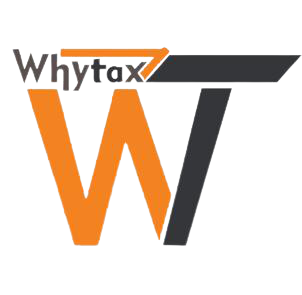House Rent Allowance (HRA) is a part of the salary provided by employers to employees to meet rental housing expenses. It is an important component of salary and can offer tax benefits under Section 10(13A) of the Income Tax Act, 1961.
Eligibility for HRA Exemption:
🔷 You can claim HRA exemption if:
🔷You are a salaried employee.
🔷You live in a rented house.
🔷You pay rent to the landlord.
🔷You are not the owner of the property.
Note: If you live in your own house or do not pay rent, HRA exemption is not allowed.
How to Calculate HRA Exemption:
The least of the following three is exempt from tax:
1. Actual HRA received.
2. 50% of salary (if living in metro cities like Delhi, Mumbai, Kolkata, Chennai) or 40% for non-metros.
3. Rent paid minus 10% of salary.
⭕ Note :-Salary here includes Basic + Dearness Allowance (if part of retirement benefits).
Documents Required to Claim HRA:
➡️ Rent receipts or rent agreement
➡️ PAN of landlord (if rent > ₹1,00,000 annually)
Additional Points:
🔸 You can claim HRA and home loan benefits together if conditions are met.
🔸Even if your employer doesn’t provide HRA, you can still claim rent deduction under Section 80GG.
